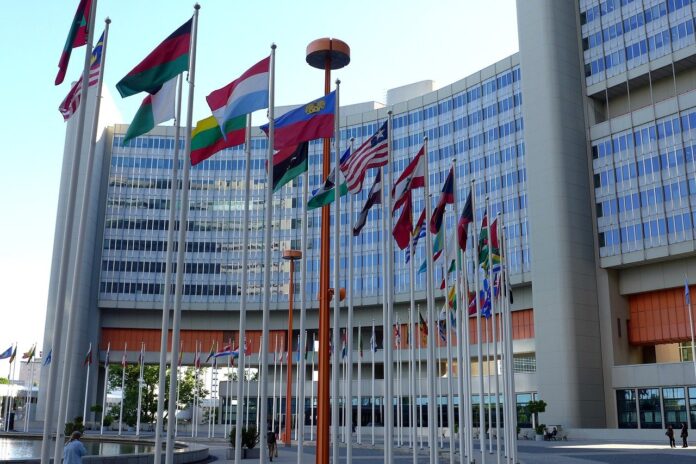State governments must immediately notify the United Nations Security Council of any use of self-defense in accordance with Article 51 of the United Nations Charter (UNSC). Article 51 provides no (codified) standards or guidance on how governments should report to the United Nations Security Council or what should be included in the report. UN member states’ behavior and interpretation of their commitments are heavily weighted in self-defense reporting. Reports to the United Nations Security Council should be of high quality, and this article explores whether there is any common action that could signal future practice by parties to the Charter regarding the structure of reporting, immediacy in reporting, and quality of reports. According to the findings, there is consistent practice in reporting on self-defense measures that can be traced back to the reporting format, as well as valid indications of parallel conduct related to reporting speed and common practice.
Article 51 of the UN Charter includes a reporting requirement to give the UN Security Council the authority to respond to situations that pose a threat to world peace and security. As far as we know, governments are not required to submit reports to the UN Security Council in any particular format other than that outlined in Article 51. Reporting on self-defense is consequently based mostly on the conduct of the UN Charter parties and how these actors interpret Article 51. States’ actions could be a sign of how the UN Charter will be interpreted in the future. If you think about it in its most basic form, a contracting party’s (unilateral) post-agreement behaviour can be described as evidence that supports a specific interpretation of the agreement.









